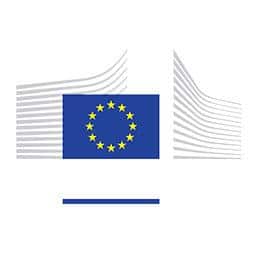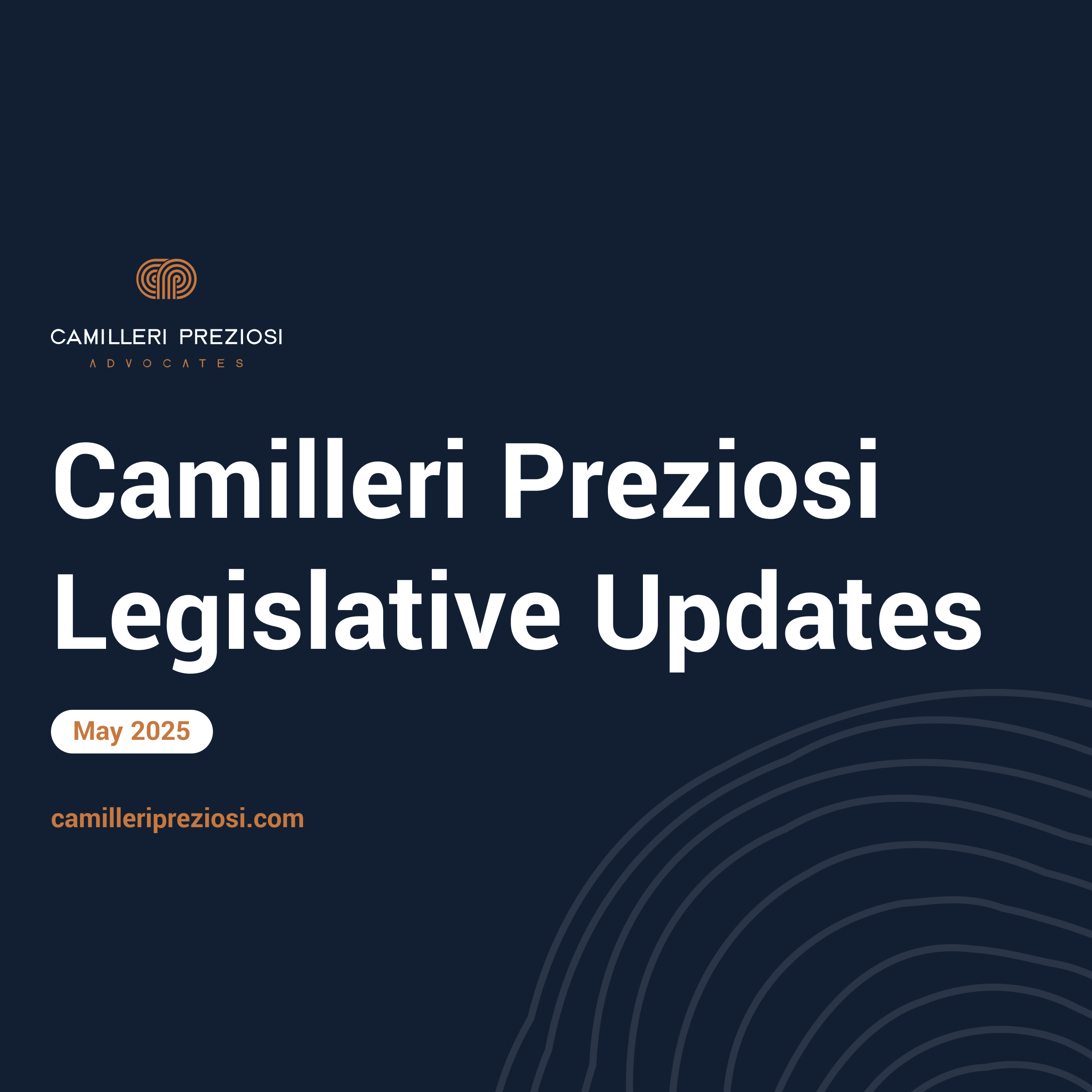
On 27 October 2022, the European Commission (the “Commission”) updated its Supranational Risk Assessment (“SRNA”) following a comprehensive assessment of specific Money Laundering and Terrorism Financing (“ML/TF”) risks affecting the EU’s internal market and relating to cross-border activities. Accordingly, the third edition of the SNRA focuses on ML/TF risks associated with products and services which may be classified under eight sector groups that may, if used improperly, jeopardise the integrity of the EU internal markets (the “Groups”). These Groups are:
- Cash-related products and services (cash couriers, cash-intensive businesses, high-value banknote, payments in cash, and privately owned ATMs);
- Financial Sector;
- Non-financial products;
- Gambling sector;
- Non-profit organisations;
- Professional sports (in particular professional football);
- Free trade zones; and
- Investor citizenship schemes and investor residence schemes.
The risks presented by the Groups
As a starting point, the SNRA acknowledges the ML/FT risks associated with the COVID-19 pandemic, as well as the Russian and Belarussian sanctions, and notes that both instances have led to the development of new and alternative avenues for criminals to abuse.
Moreover, among the various risks which were assessed, it was noted that despite the COVID-19 pandemic and technological developments, cash retains its popularity amongst criminals as a preferred method of payment due to its anonymity and relative ease of movement and that the emergence of privately owned ATMs also presents new opportunities for organised crime groups to enter the financial system in a relatively undetected fashion. It was also noted that the lack of clarity and consistent rules in the financial sector continues to pose a recurring problem in relation to the financial sector, with credit and payment institutions, bureaux de change, e-money institutions and credit providers having been identified as the most vulnerable to ML/FT risks.
The non-financial sector and products on the other hand, pose significant risks due to difficulties in identifying beneficial ownership thereof, and nominee directorships and shareholdings, the abuse of shell companies, omnibus accounts, lack of transparency of beneficial ownership and low suspicious transaction reporting have also been cited as major problems. Additionally, other areas subject to high-risk exposure from an ML/FT perspective include the real estate sector and tax-related crimes.
Interestingly, it was also observed that the COVID-19 pandemic has led to a rise in online gambling traffic and a corresponding increase in the ML/FT risks inherent to the online gambling sector. Casinos, lotteries and gaming machines on the other hand were assessed as posing less of a risk from an ML/FT perspective, while exchangeable tokens used in video games were assimilated to crypto-assets, meaning that their risk assessment ought to follow the same regime as the latter.
Non-profit organisations were observed as having become less attractive to criminals due to the emergence of rigid, due diligence obligations.
It was also observed that professional football clubs have notably suffered financial difficulties due to the COVID-19 pandemic and thus, have become more susceptible to ML/FT risks, therefore, transparency of player transfers and club ownership is now required in order to mitigate this sector’s ML/FT risk level.
Free trade zones continue to present high risks of ML/FT because of customs and taxation advantages. In particular, luxury-free ports have been identified as posing new risks that need to be mitigated by the adoption of effective and adequate countermeasures.
Investor citizenship and investor residence schemes also featured as one of the main Groups which ought to be considered, the former being phased out by almost all European Member States (“MS”). Concerning investor residence schemes, operators in this sector will be subject to the AML/CFT framework as obliged entities under the Commission’s proposal for a Regulation on the prevention of the use of the financial system for ML/FT.
Mitigating measures
In light of the above, the Commission noted various proposed legislative mitigating measures, such as the implementation of a regulation establishing a new EU AML/CFT Authority and the introduction of a single AML/CFT rulebook, which obliged entities would do well to familiarise themselves with in order to keep track and gear up for implementation of such measures.
All in all, the main takeaway by obliged entities ought to be that the findings of the SNRA should be understood and observed in light of their risk appetite and the products and services which they provide. Obliged entities should then attempt to update their AML/CFT policies, procedures, and controls accordingly, albeit following a risk-based approach, and conduct internal training to ensure that new emerging risks are fully understood and where possible, mitigated.






